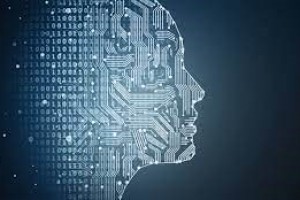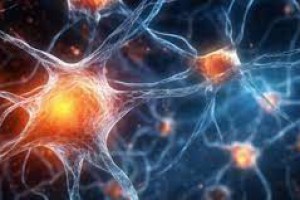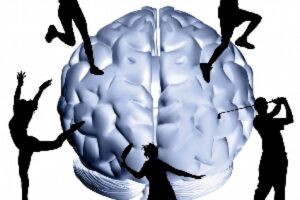Artificial intelligence model can detect Parkinson's from breathing patterns
Parkinson's disease is notoriously difficult to diagnose as it relies primarily on the appearance of motor symptoms such as tremors, stiffness, and slowness, but these symptoms often appear several years after the disease onset.
Parkinson's disease is notoriously difficult to diagnose as it relies primarily on the appearance of motor symptoms such as tremors, stiffness, and slowness, but these symptoms often appear several years after the disease onset. Now, Dina Katabi, the Thuan (1990) and Nicole Pham Professor in the Department of Electrical Engineering and Computer Science (EECS) at MIT and principal investigator at MIT Jameel Clinic, and her team have developed an artificial intelligence model that can detect Parkinson's just from reading a person's breathing patterns.
The tool in question is a neural network, a series of connected algorithms that mimic the way a human brain works, capable of assessing whether someone has Parkinson's from their nocturnal breathing—i.e., breathing patterns that occur while sleeping. The neural network, which was trained by MIT Ph.D. student Yuzhe Yang and postdoc Yuan Yuan, is also able to discern the severity of someone's Parkinson's disease and track the progression of their disease over time.
Yang and Yuan are co-first authors on a new paper describing the work, published today in Nature Medicine. Katabi, who is also an affiliate of the MIT Computer Science and Artificial Intelligence Laboratory and director of the Center for Wireless Networks and Mobile Computing, is the senior author. They are joined by 12 colleagues from Rutgers University, the University of Rochester Medical Center, the Mayo Clinic, Massachusetts General Hospital, and the Boston University College of Health and Rehabilition.
Over the years, researchers have investigated the potential of detecting Parkinson's using cerebrospinal fluid and neuroimaging, but such methods are invasive, costly, and require access to specialized medical centers, making them unsuitable for frequent testing that could otherwise provide early diagnosis or continuous tracking of disease progression.




Related Posts